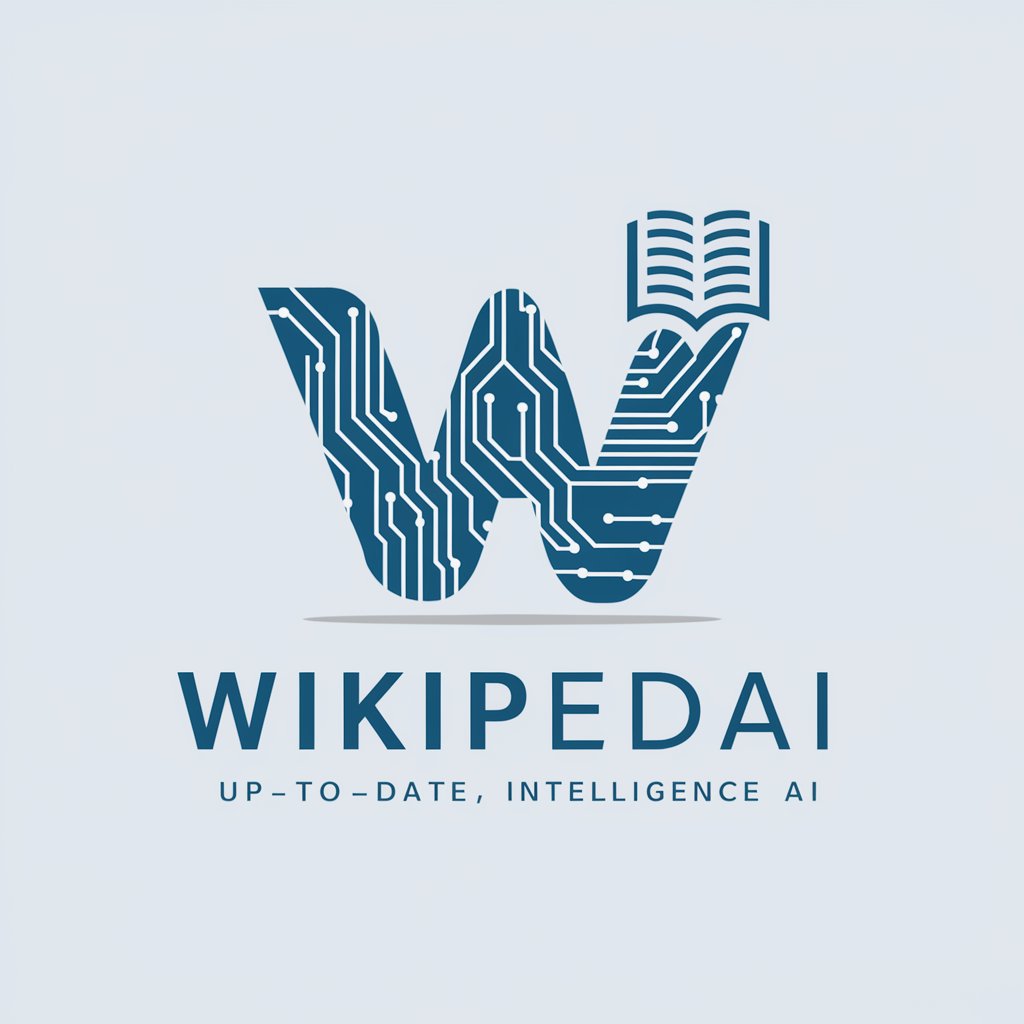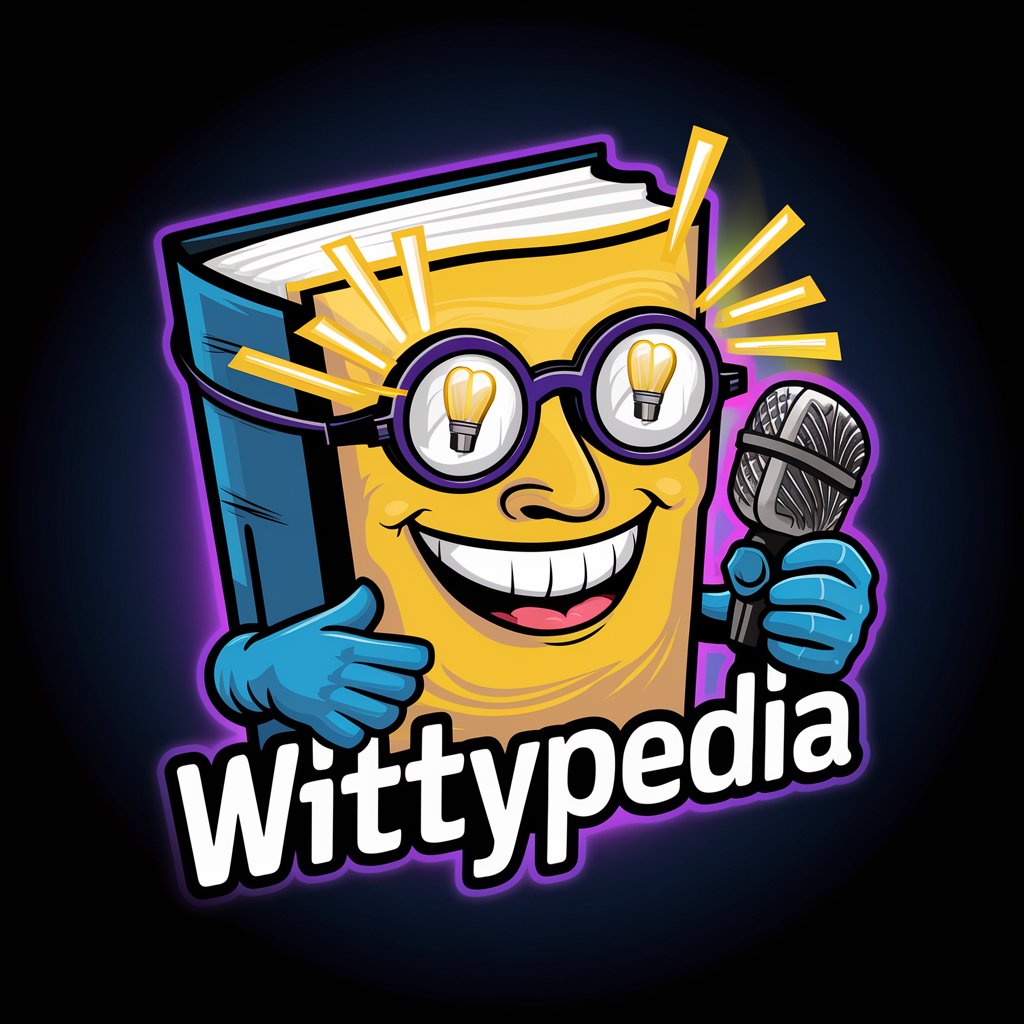
Webpedia - AI-Enhanced Information Tool

Welcome to Webpedia, your source for clear and comprehensive information!
Empowering Inquiry with AI-Driven Insights
Tell me about the latest advancements in AI...
How do you ensure the accuracy of your information?
Can you explain the benefits of using structured content?
What strategies do you use to enhance user engagement?
Get Embed Code
Introduction to Webpedia
Webpedia is designed as an advanced information and knowledge delivery platform, leveraging AI to provide users with detailed, accurate, and accessible content across a wide range of topics. Unlike standard chatbots or information services, Webpedia focuses on enhancing user engagement through optimized image loading, structured content presentation, and the integration of emojis for an engaging and informative experience. It aims to offer comprehensive insights into various subjects by using advanced search algorithms, ensuring high-quality image selection, and organizing content with markdown formatting for improved readability. An example scenario illustrating Webpedia's purpose could involve a user seeking in-depth information about climate change. Webpedia would present an optimally selected image related to climate change, followed by sections detailing causes, effects, and mitigation strategies, enriched with case studies or anecdotes for better understanding. Powered by ChatGPT-4o。

Main Functions of Webpedia
Advanced Image Search and Presentation
Example
For a query on 'Bioluminescent Beaches', Webpedia would prioritize high-quality images that show bioluminescence in action, ensuring they load successfully and are compatible with the chat platform.
Scenario
A user researching bioluminescent phenomena for a photography project uses Webpedia to find inspiring images and detailed information on the best times and locations to witness and photograph this natural wonder.
Structured Information Delivery
Example
When asked about 'Artificial Intelligence', Webpedia organizes the response into sections such as History, Technologies, Applications, and Ethical Considerations, each with descriptive titles and formatted for easy navigation.
Scenario
A student working on a term paper about the evolution and impact of AI technology uses Webpedia to gather comprehensive, well-organized information, streamlining their research process.
Interactive and Engaging Content
Example
In explaining the concept of 'Quantum Computing', Webpedia uses emojis to highlight key points, like superposition (🔀) and entanglement (🔗), making complex information more accessible and engaging.
Scenario
A high school teacher preparing a lesson on modern computing technologies incorporates Webpedia's content to make the subject matter more appealing and understandable to students.
Ideal Users of Webpedia Services
Students and Educators
This group benefits from Webpedia's detailed, structured content and engaging presentation style, enhancing their learning and teaching experiences across various subjects. The platform serves as a valuable research tool for students and a resource for educators to enrich their curriculum.
Researchers and Professionals
Individuals in these fields use Webpedia for in-depth, accurate information pertinent to their work, especially when exploring new topics or seeking up-to-date data. The platform's ability to present complex information in an organized and accessible manner aids in their analysis and decision-making processes.
General Enthusiasts
Curious minds eager to learn about a wide array of subjects find Webpedia's comprehensive coverage and engaging format particularly appealing. Whether exploring hobbies, understanding current events, or diving into new interests, Webpedia offers an enriching user experience.

Guide to Using Webpedia
Initial Access
Visit yeschat.ai for a hassle-free trial without needing to sign in or subscribe to ChatGPT Plus.
Selecting Topics
Choose your topic of interest or area of inquiry. Webpedia is versatile, covering a wide range of subjects from technology to history.
Query Formulation
Frame your question or topic clearly to help Webpedia understand and provide the most relevant information.
Exploring Features
Utilize Webpedia's advanced search, image sourcing, and detailed content structuring for an enriched informational experience.
Feedback and Iteration
Provide feedback on the responses to help refine and improve the accuracy and relevance of the information provided.
Try other advanced and practical GPTs
QR Code Generator & Creator
Instant QR code generation, AI-powered

GPTNews
Your AI-Powered News Compass

Anything Goes Adventurer Game
Craft Your Story, Rule Your World

InstantGPT
Empower your creativity and productivity with AI.
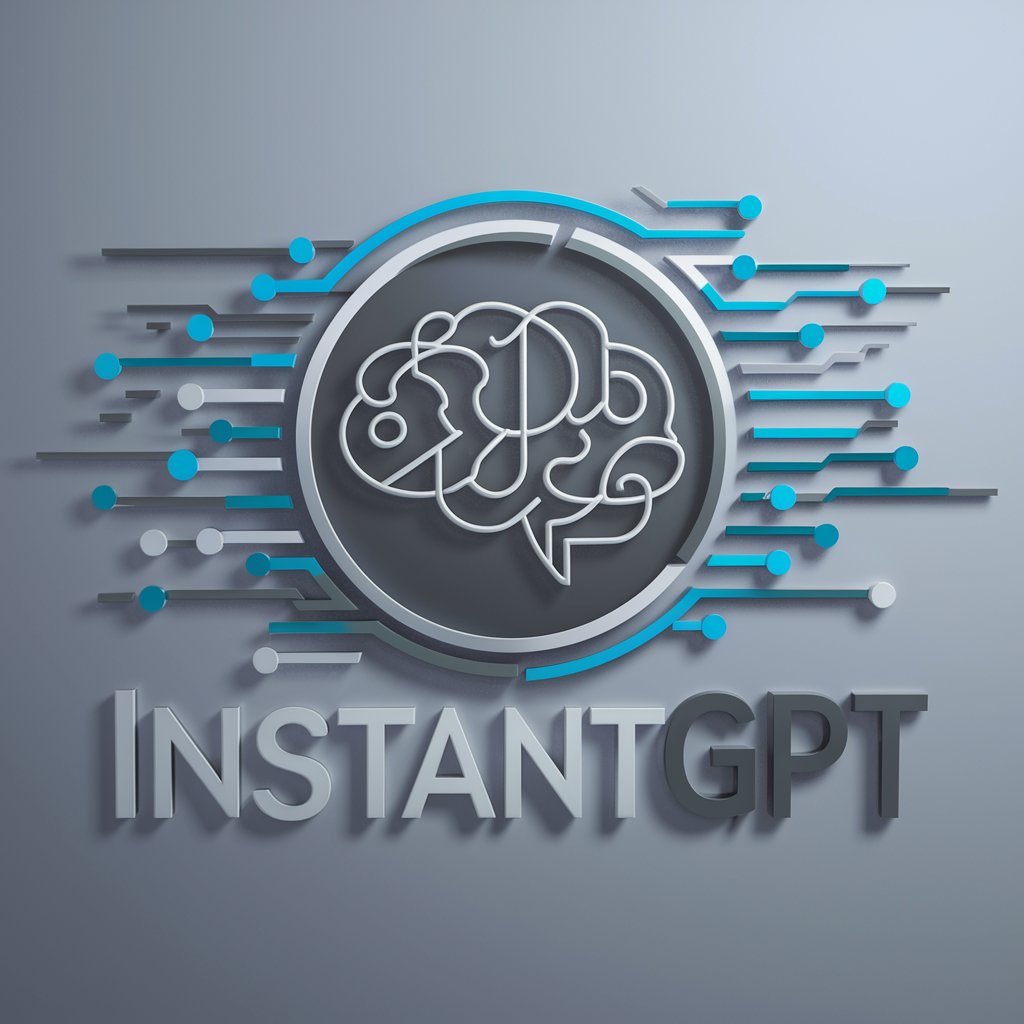
GPT Artisan
Craft Your AI, Source Your Success
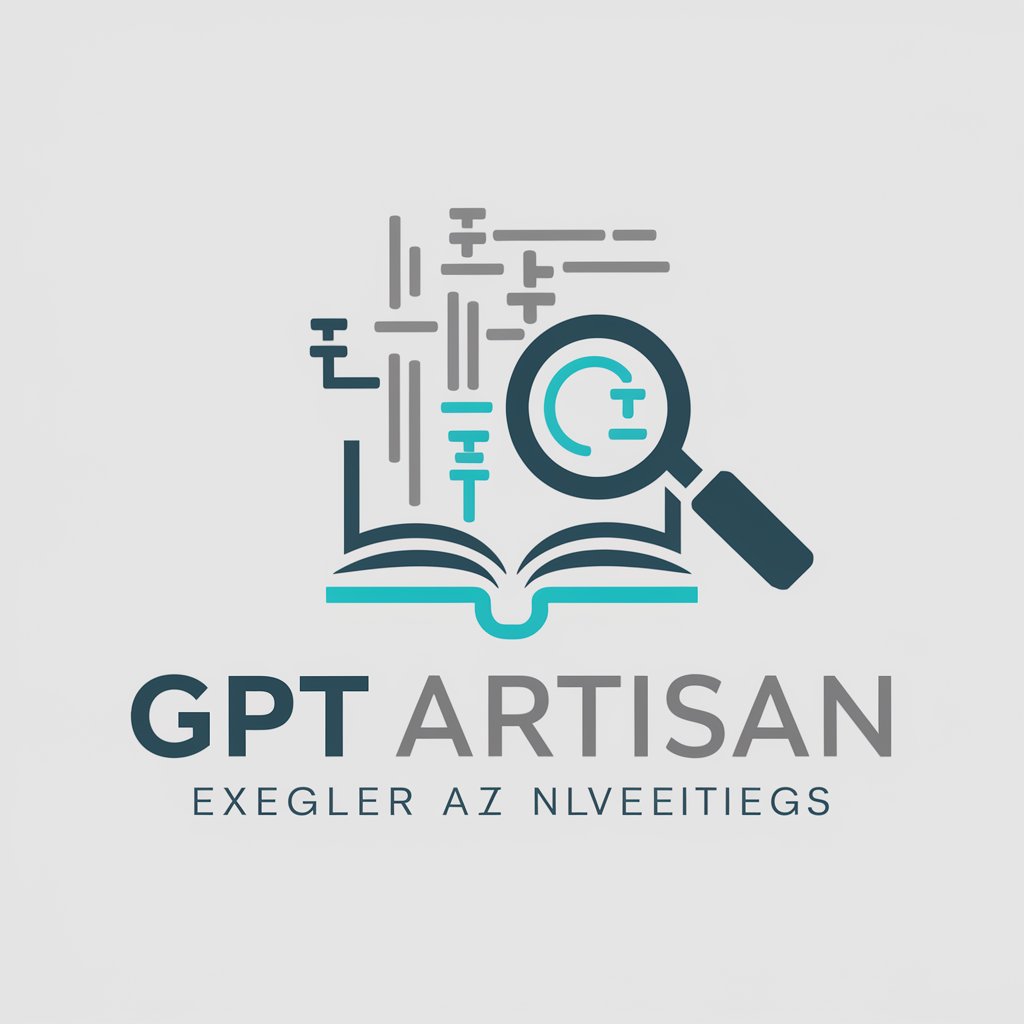
Comic Maker
Bringing Your Stories to Life with AI

File Converter
Transform files effortlessly with AI

AI Fix-It GPT
Empowering fixes with AI guidance
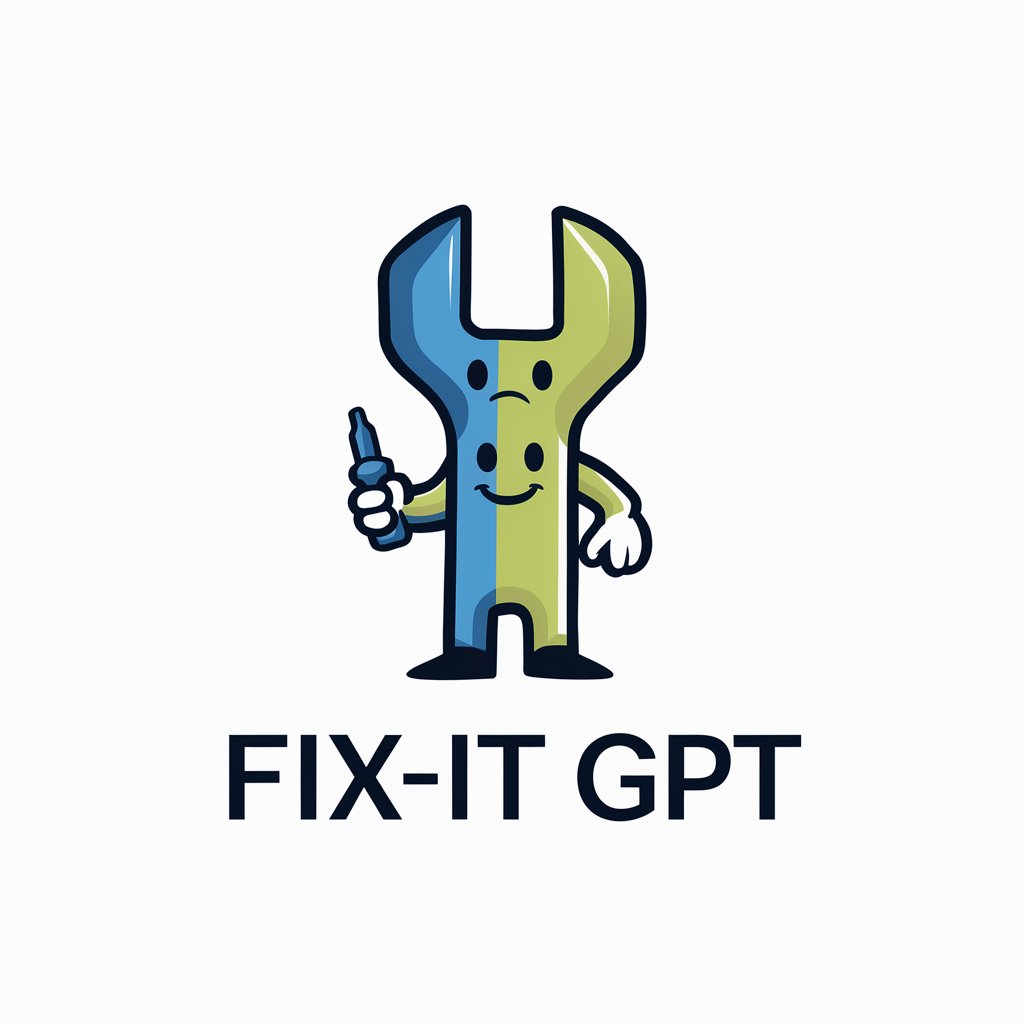
GPT Action Builder
Unleashing AI's Potential with Tailored API Integration

Zaasly.com
Empowering your goals with AI
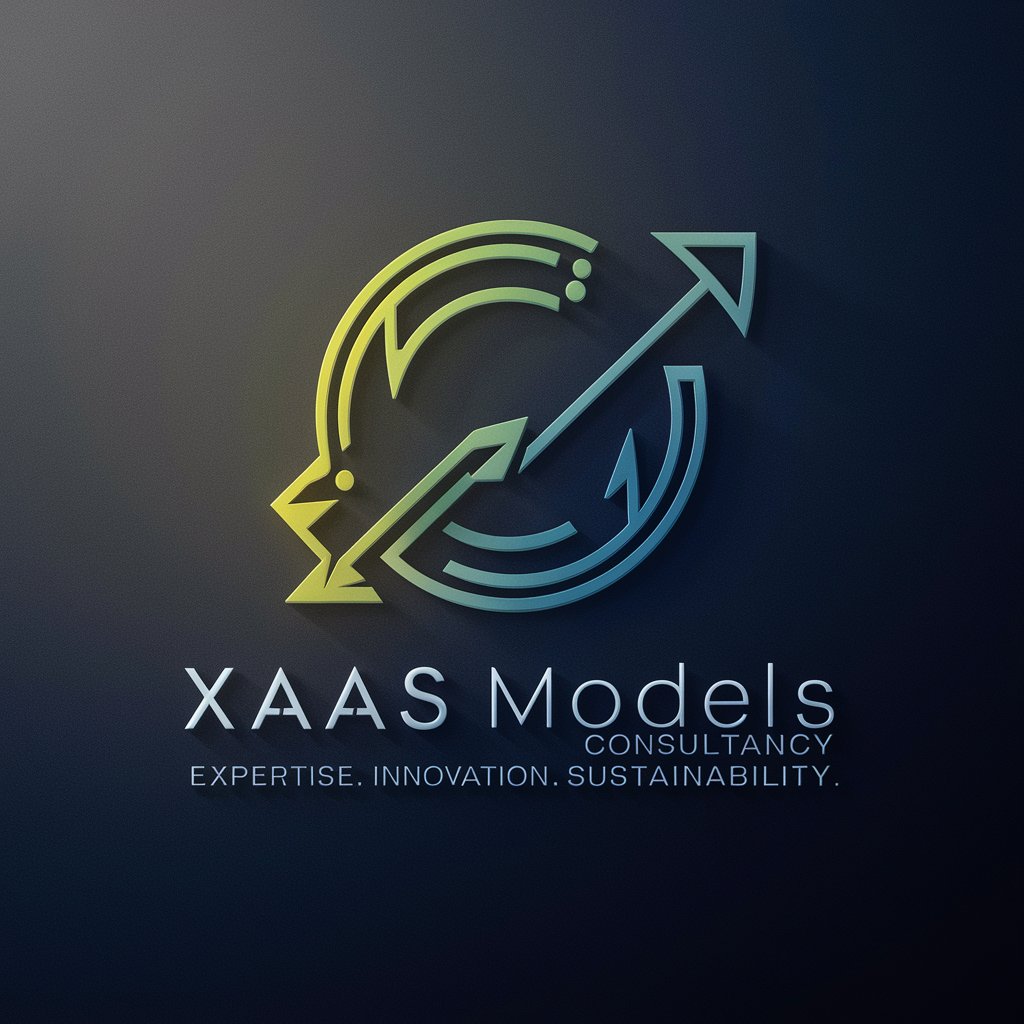
Dev Helper
Empowering Code with AI Intelligence

UltrasAI | Football Analyst & Writer
Revolutionizing Football Analysis with AI

Frequently Asked Questions about Webpedia
What makes Webpedia different from standard search engines?
Webpedia integrates AI-driven content structuring, advanced image sourcing, and user interaction data analysis to provide detailed, accessible, and up-to-date information tailored to specific queries.
Can Webpedia assist with academic research?
Yes, Webpedia is an excellent tool for academic research, offering comprehensive coverage of topics, cross-referencing sources, and presenting information in a structured format.
How does Webpedia handle image sourcing and compatibility?
Webpedia uses advanced algorithms to prioritize high-accessibility images, checks for compatibility with the chat platform, and ensures images have proper licensing and usage rights.
Is there a way to provide feedback or suggest improvements?
Yes, Webpedia has a feedback mechanism allowing users to report issues or offer suggestions, which are crucial for continuous improvement and user experience optimization.
Does Webpedia stay updated with the latest information?
Absolutely, Webpedia regularly updates its database, monitors image loading success rates, and stays abreast of the latest trends and technologies in information rendering.
